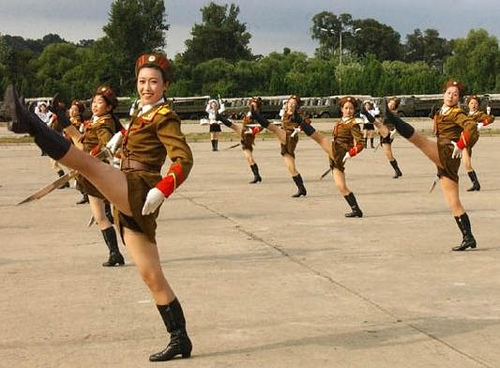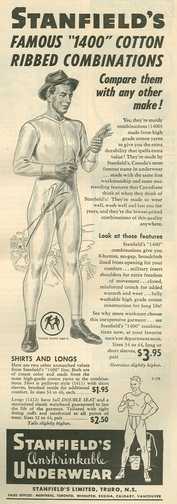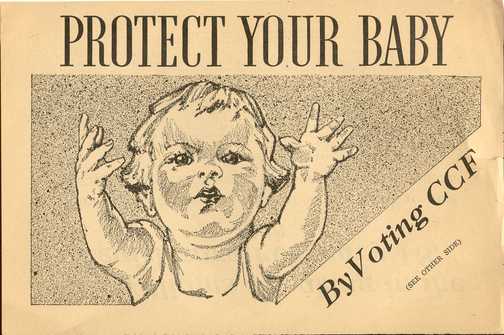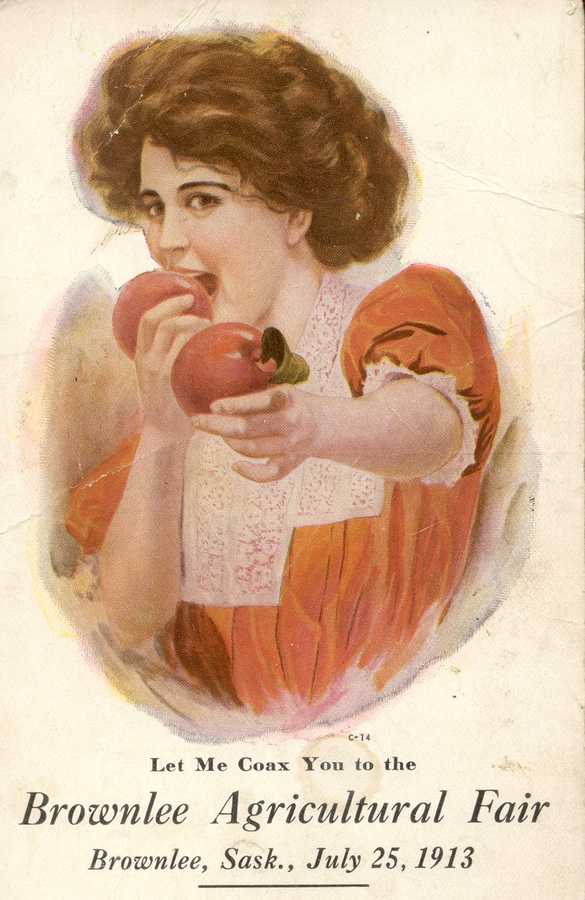 (Left to right): Simonne Horwitz, Mimi Badamuti, Inez Stephney (Human Sciences Research Council, Cape Town) and Saruto Labbo. Photo by Pamela Parlapiano
(Left to right): Simonne Horwitz, Mimi Badamuti, Inez Stephney (Human Sciences Research Council, Cape Town) and Saruto Labbo. Photo by Pamela Parlapiano“It’s very fitting that we are here in a site that’s linked to rebellion and resistance. In my own work on Westfort (a leprosy hospital that’s just outside of Pretoria) from about 1890-1948, one of the themes that I constantly find is that the authorities tried to segregate and oppress people by gender, by race and by their disease. They were constantly trying to segregate them to take away their identity. Yet, it was very clear that people fought against that . . . . Yesterday there was a talk about the political prisoners signing their names and it’s the same with Mr. Pipe who was at Westfort . . . . a man who wrote to the newspapers, not as a person affected by leprosy, but as a person . . . . There were a number of occasions where the women patients, for example, had a sit down strike and refused to work until they were called by their names . . .”
-- Simonne Horwitz, when she was based at the Wellcome Unit for the History of Medicine at Oxford
Those eloquent words are to be found on the website of the
Oral History Project of the International Leprocy Association Global Project on the History of Leprosy, and they can serve as a good introduction to Simonne Horwitz and the work that she does.
Dr. Simonne Horwitz (Oxford D.Phil, 2007) is one of the newest members of our department. Some of you may know Simonne already, as she recently completed a two-year Canada Research Chair Post-doctoral Fellowship under the direction of Jim Miller, and has already taught a brilliant senior research seminar,
History 488.3: Topics in the History of Development, in which she and her students explored the history of health care, including the AIDs crisis, in Africa. We here at What's Up are delighted to report that Simonne will be offering
History 488.3 again this coming year, in Term 1.
Indeed, now that Simonne is a full-time member of our department, she has the privilege of teaching more classes. And if you are fortunate enough to be a U of S undergraduate then you might just be eligible for the privilege of taking her
ground-breaking
new course:
History 299.6
Africans on the Move:
The History of Voluntary and Involuntary Migration in, and from,
Africa between the Earliest Times and the Present.
History 299.6 marks a new era for the History Department, as it offers our first comprehensive survey of African history. Click
here and scroll to page 20 of the
2008-09 Handbook of History Programs and Courses for a description of History 299.6, which runs Tuesdays and Thursdays from 2:30 to 3:50.
Anybody, just anybody, can read about History 299.6 in the Handbook. But the following
informal non-binding description comes to you by way of an
exclusive scoop available only to What's Up readers and whoever they care to tell.
Sources close to What's Up recently obtained access to the following email from Dr. Simonne Horwitz
herself, leaked here for the first time and presented in unedited form:
I'm very excited about teaching this class - it is the class I have always wanted to teach - a thematic history of Africa.*
It is basically an introduction to African history - from its inception (out of Africa thesis; hominids et al) through the development of the great Ancient African trading kingdoms of Songhay, Mali and Ghana (lots of gold and slaves and wives), we will look at slavery, colonialism and patters of labour migration. Of course there will also be a section on movement and health. We will end by looking at the brain drain from Africa and the refugee crisis. I'm bringing back primary documents from South Africa and promise quite a bit of group work - and some movies (if I can get my hands on them).
* When the always up-beat Dr. Horwitz says she is excited, she is really excited.
As this once-secret memo reveals, even
as we speak Dr. Horwitz is in South Africa collecting primary documents, films, and other materials that students in History 299.6 can expect to encounter. (And on her
honeymoon, to boot! Congratulations, Simonne & Dwight!)
There is a lot of buzz surrounding this newly approved course, and rightly so, because it opens up important new avenues of exploration for our students (and their cousins in adjacent fields, such as
Anthropology and
International Studies), and allows them to work with a dynamic instructor bursting with fresh and challenging ideas.
As of this posting there are
still places available in History 299.6, "Africans on the Move: The History of Voluntary and Involuntary Migration in, and from, Africa between the Earliest Times and the Present." If you are reading this now you must already be online, which means that enrolling in History 299.6 could be just a hop, skip, and click away!
 We always knew that you can get there from here, but it turns out you can come from there and make it back, too -- and in a big way.
We always knew that you can get there from here, but it turns out you can come from there and make it back, too -- and in a big way. 

































